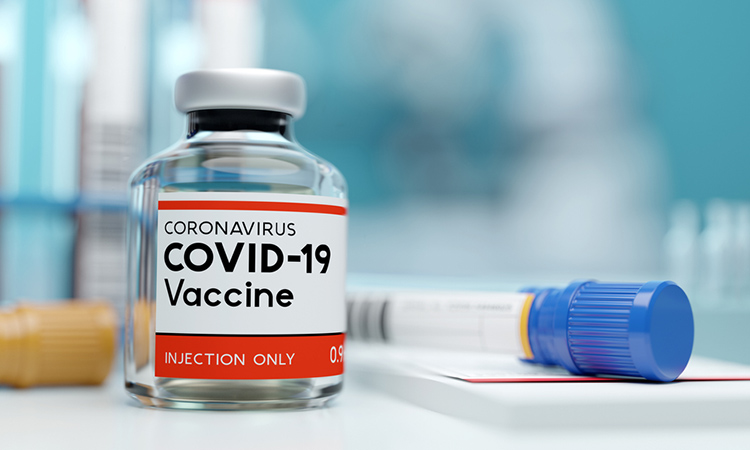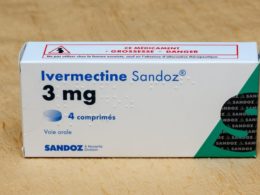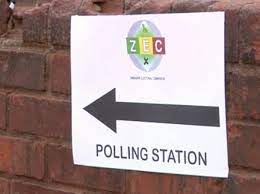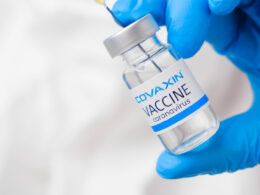On May 7, the World Health Organisation (WHO) listed the Sinopharm Covid-19 vaccine for emergency use, paving the way for it to be rolled out globally.
The Sinopharm vaccine, which Zimbabwe has been using since February in its ongoing immunisation programme is produced by Beijing Bio-Institute of Biological Products Co Ltd, a subsidiary of China National Biotec Group (CNBG).
About WHO’s Emergency Use Listing (EUL)
· Thisis a prerequisite for COVAX Facility vaccine supply which allows countries to accelerate their own regulatory approval to import and administer Covid-19 vaccines.
· The EUL assesses the quality, safety and efficacy of Covid-19 vaccines, as well as risk management plans and programmatic suitability, such as cold chain requirements.
· The assessment is performed by the product evaluation group, composed by regulatory experts from around the world and a Technical Advisory Group (TAG), in charge of performing the risk-benefit assessment for an independent recommendation on whether a vaccine can be listed for emergency use and under what conditions.
· The EUL procedure assesses the suitability of novel health products during public health emergencies such as the Covid-19.
· The objective is to make medicines, vaccines and diagnostics available as rapidly as possible to address the emergency, while adhering to stringent criteria of safety, efficacy and quality.
· The assessment weighs the threat posed by the emergency as well as the benefit that would accrue from the use of the product against any potential risks.
· The EUL pathway involves a rigorous assessment of late phase II and phase III clinical trial data as well as substantial additional data on safety, efficacy, quality and a risk management plan.
· The data is reviewed by independent experts and WHO teams which consider the current body of evidence on the vaccine under consideration, the plans for monitoring its use, and plans for further studies.
· The company producing the vaccine, as part of the EUL process, must commit to continue generating data to enable full licensure and WHO prequalification of the vaccine.
· The WHO prequalification process will assess additional clinical data generated from vaccine trials and deployment on a rolling basis to ensure the vaccine meets the necessary standards of quality, safety and efficacy for broader availability.
Relationship between SAGE and WHO
· The Strategic Advisory Group of Experts on Immunization (SAGE) is the principal advisory group to WHO for vaccines and immunisation.
· It is charged with advising WHO on overall global policies and strategies, ranging from vaccines and technology, research and development, to delivery of immunization and its linkages with other health interventions.
· SAGE is concerned not just with childhood vaccines and immunization, but all vaccine-preventable diseases.
· SAGE and EUL are complementary but independent processes.
· The EUL process is centred on determining if a manufactured product is quality-assured, safe and effective.
· SAGE is policy oriented.
· Policy recommendations for a vaccine are only of value to a vaccination campaign when the product has been listed or authorised for use.
· On Covid-19, due to the pressing need for vaccines, the Secretariat of SAGE and the EUL team have been working in parallel to allow WHO EUL and policy recommendations, based on the available evidence, to be issued in a synchronised manner.
WHO listed vaccines for emergency use include
· Pfizer/BioNTech vaccine: 31 December 2020;
· Two AstraZeneca/Oxford Covid-19 vaccines: 15 February 2021,
· Covid-19 vaccine Ad26.COV2.S developed by Janssen (Johnson & Johnson):12 March 2021.
· Sinopharm: 07 May 2021








